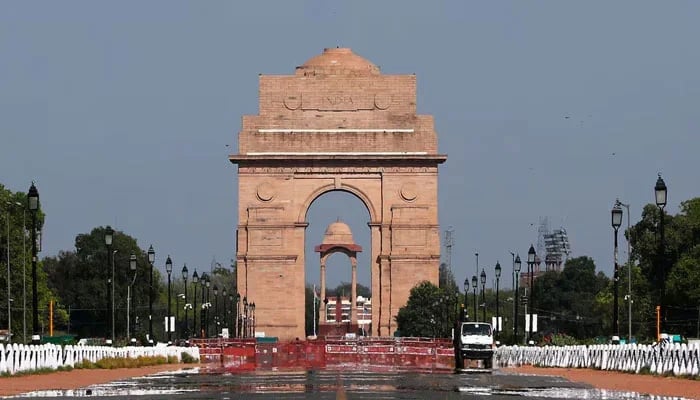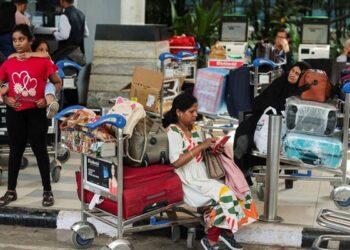Select Language:
The U.S. government has released a travel advisory encouraging its citizens to be vigilant when traveling to India, highlighting an increase in violent crime, particularly sexual assault, as well as terrorist threats in certain regions.
The advisory points out that sexual violence is rapidly rising in India, with instances reported in tourist areas and public spaces. Women travelers are particularly advised against traveling alone.
“Violent crime and terrorism exist within India,” the advisory warns, stressing that terrorist acts may occur suddenly in locations frequented by tourists, such as public transport stations, shopping districts, and government offices.
The U.S. government has limited capacity to provide emergency services in rural areas, and staff must obtain special permission to navigate through regions like eastern Maharashtra, northern Telangana, and western West Bengal, which are considered high-risk for security concerns.
The advisory also cautions U.S. citizens to:
- Avoid carrying satellite phones or GPS devices, as these are prohibited in India and could lead to fines of up to $200,000 or imprisonment for up to three years.
- Register in the Smart Traveler Enrollment Program (STEP) for updates and improved accessibility during emergencies.
- Review personal security strategies, remain vigilant, and have a backup plan.
- Steer clear of areas designated as ‘Do Not Travel’ due to risks associated with terrorism or ongoing conflict, including:
- The Union Territory of Jammu and Kashmir (except for eastern Ladakh and Leh), where terrorist activities and civil disobedience are common.
- The border between India and Pakistan, owing to potential military conflicts.
- Manipur, due to persistent ethnic violence and regular attacks on government facilities.
- Regions of central and eastern India affected by Maoist extremism, including Chhattisgarh, Jharkhand, and Odisha.
- Various northeastern states, where sporadic violence by ethnic insurgent groups has been reported.
U.S. government personnel in India must secure prior approval before traveling to many of these high-risk areas, and travelers are strongly advised to abide by Indian immigration laws, particularly when crossing land borders.
The advisory concludes with recommendations to purchase travel insurance that includes medical evacuation coverage and to stay updated through official government channels.
For comprehensive information, U.S. citizens are encouraged to check the State Department’s official travel advisory website.







